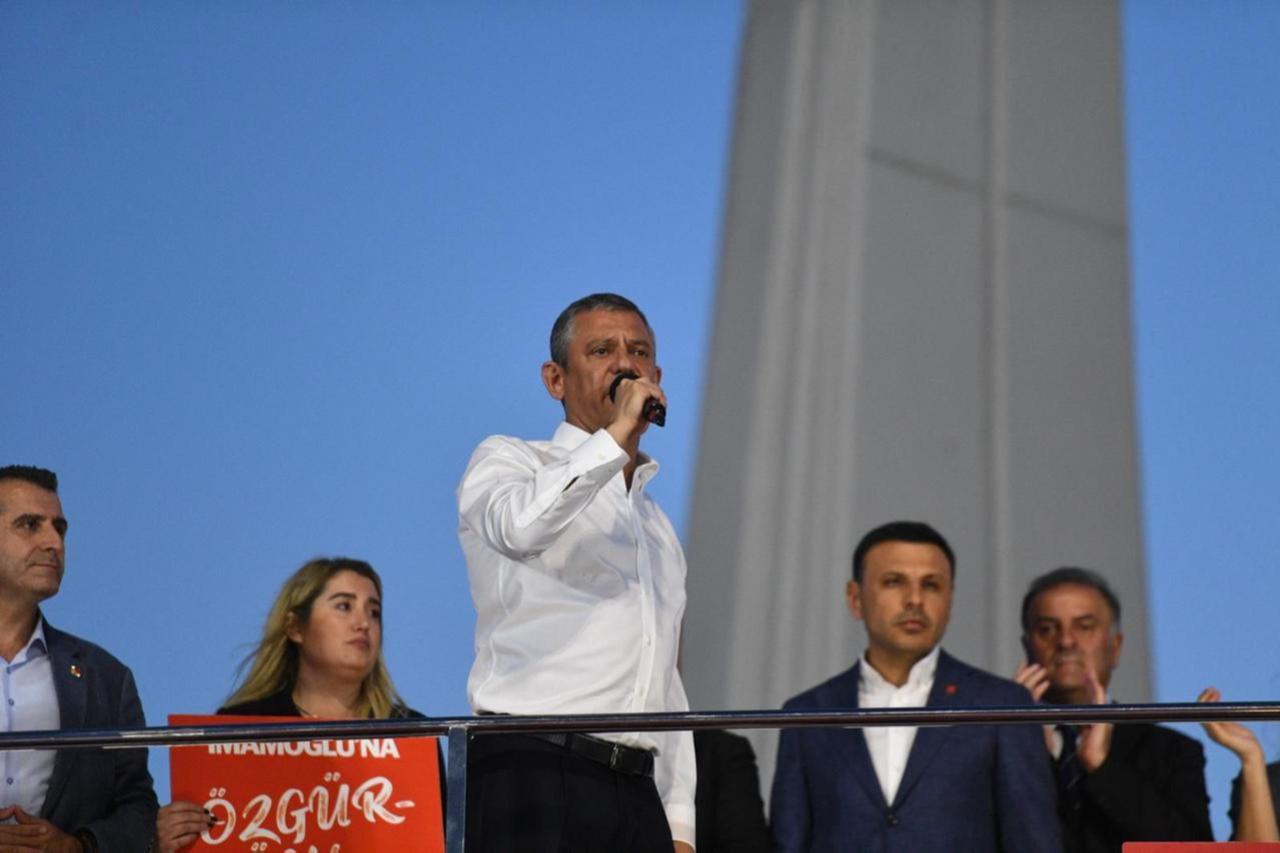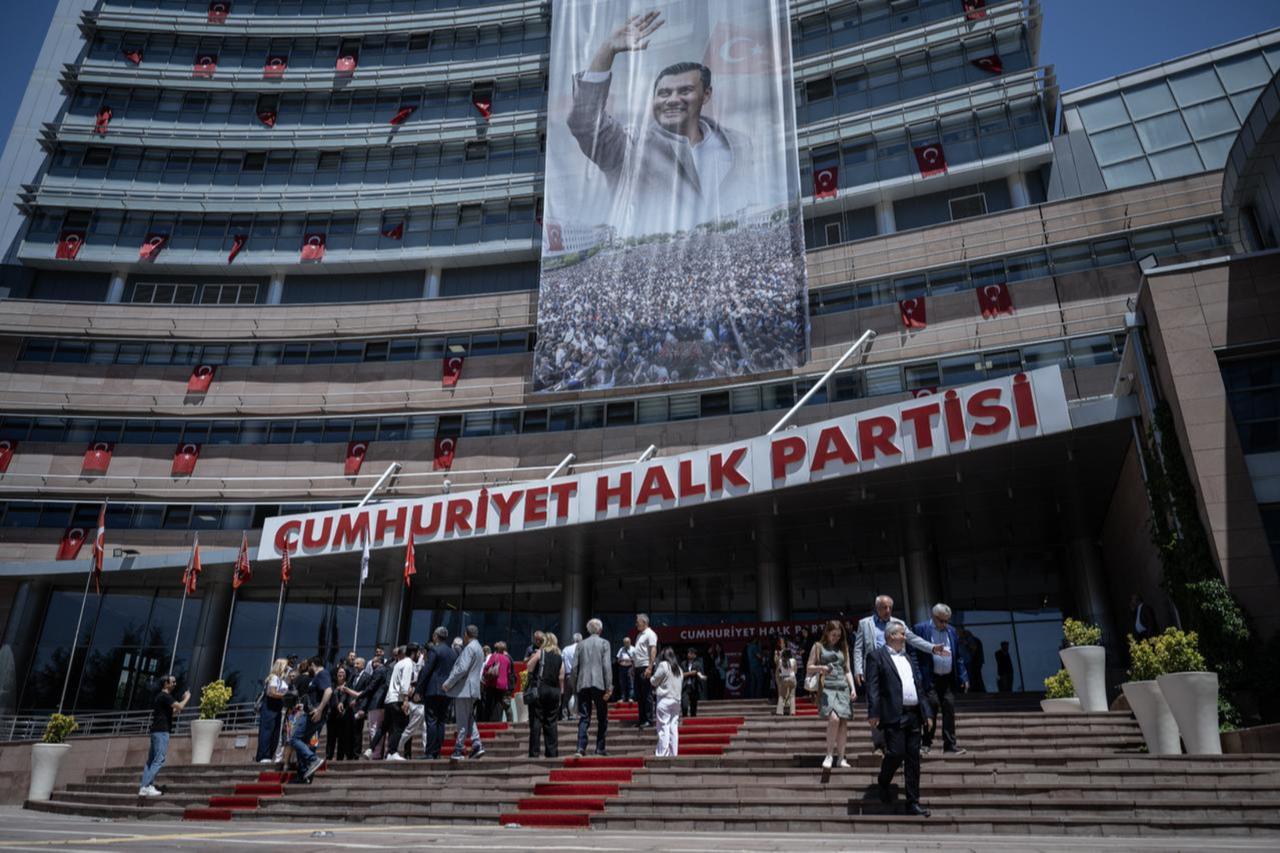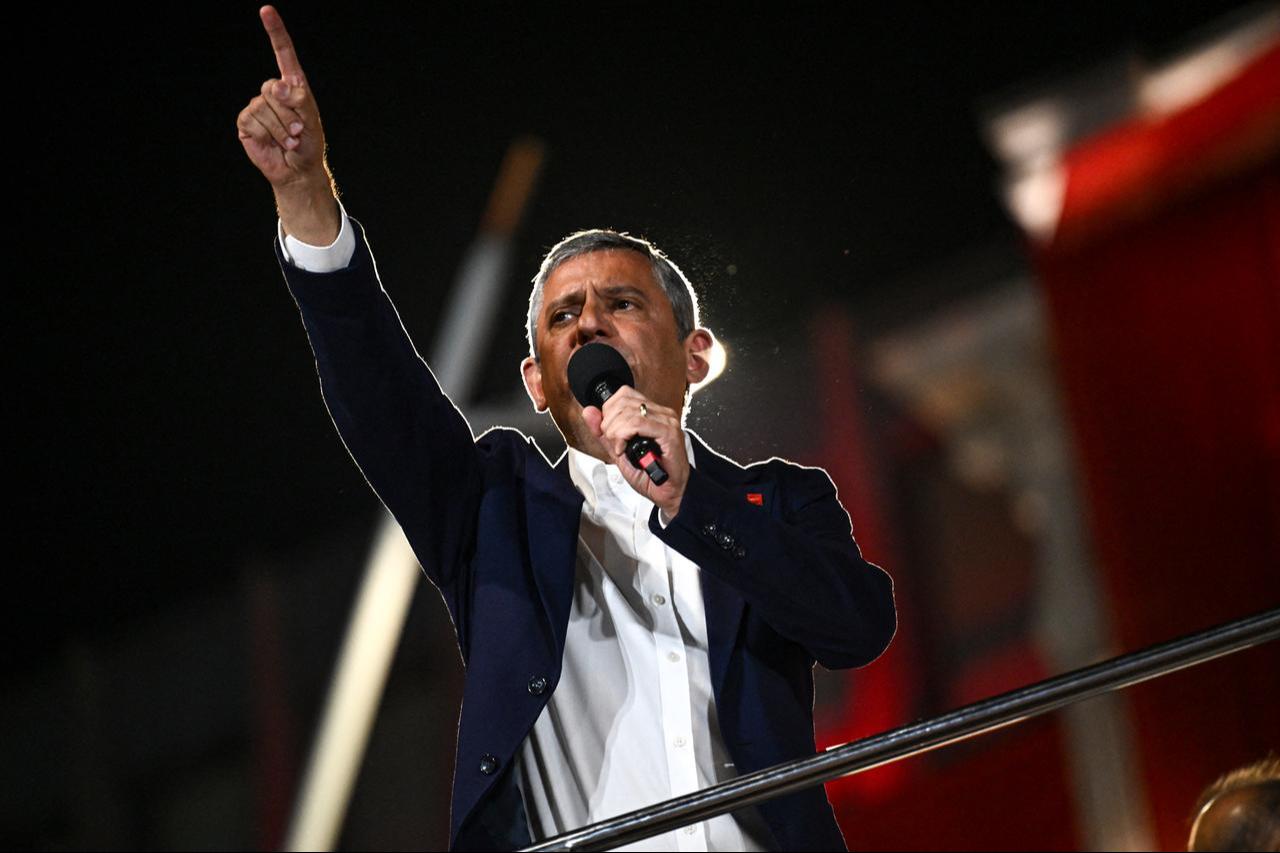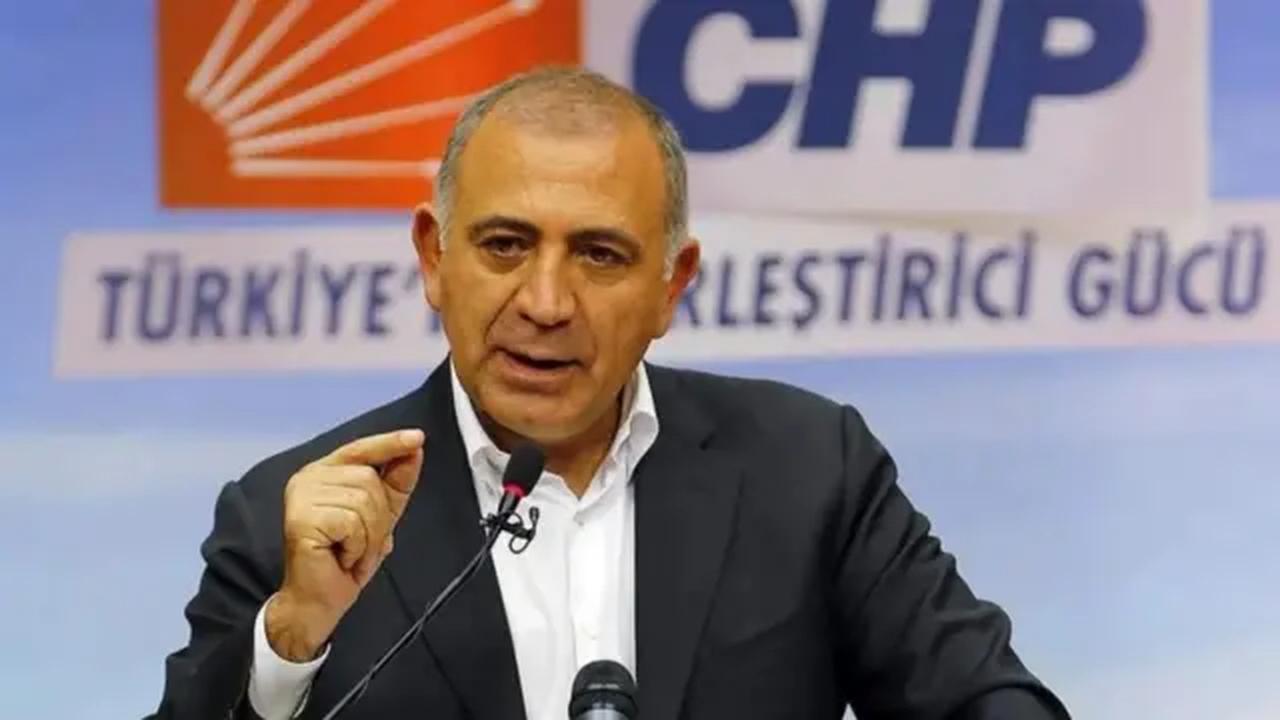
A Turkish court on Tuesday annulled the 38th Istanbul congress of the main opposition Republican People’s Party (CHP), held two years ago.
The ruling dismissed Provincial Chair Ozgur Celik and the current administration, suspended 196 delegates, and ordered the suspension of the ongoing congress process.
In response, the CHP Central Executive Board convened an extraordinary meeting under the chairmanship of party leader Ozgur Ozel. A temporary committee led by Gursel Tekin, a former CHP figure who left the party last year, was appointed to oversee the Istanbul Provincial Directorate. Ozel later confirmed that Tekin was expelled after accepting the position, replacing Celik.
The decision triggered immediate uncertainty within Türkiye's largest opposition party, raising questions about whether similar rulings could extend to CHP’s national congress and leadership.
While the ruling is not yet final, the inclusion of Ozgur Celik among the defendants, along with allegations that delegates were pressured both at the provincial congress and at the national gathering, makes it clear that these proceedings will be treated as evidence in the broader case challenging the party congress.

The court’s move came despite earlier statements suggesting such an outcome was unlikely. Nationalist Movement Party (MHP) leader Devlet Bahceli had publicly argued that judicial intervention in the CHP's congress was neither possible nor appropriate.
Around the same time, Recep Ozel, the ruling Justice and Development Party’s (AK Party) representative at the Supreme Election Council (YSK), also warned against judicial interference. He stressed that annulling certified election results could destabilize Türkiye's electoral system, creating widespread uncertainty.
These assurances had initially created a sense of political calm. However, Tuesday's ruling abruptly reversed that mood, raising concerns that judicial intervention could extend beyond internal party disputes and begin shaping political outcomes more broadly.

Opposition observers warn that the court’s intervention is not solely a CHP matter but one that could affect the credibility of Türkiye's entire electoral process. If judicial bodies begin invalidating internal party elections or congresses, it could undermine confidence in the electoral framework itself.
Türkiye’s political culture places a strong emphasis on the ballot box. Across the political spectrum, the act of voting carries symbolic and practical significance, with high voter turnout rates compared to many democracies.
Any perception that the sanctity of the ballot is eroding could weaken public trust in democratic institutions.

Faik Tunay, a former CHP deputy in the 24th term and one of the youngest parliamentarians of his time from his party, argued that the scale of today’s disputes is unprecedented in party history.
"Ataturk’s successor, Ismet Inonu—the National Chief, the ‘Iron Fist’—lost the party assembly vote to Bulent Ecevit and resigned from CHP. When Inonu passed away, he was not a CHP member, yet even then, there were no claims of fraud," he said, noting that today's allegations stand in stark contrast.
Tunay warned against blaming everything on government pressure: "It would be too easy to say the AK Party is doing all this to block CHP’s path to power. Of course, there might be exaggerations in the files, but there are also very serious, unanswered corruption and bribery allegations that create legitimate questions."
Tunay emphasized that election integrity is at the heart of the matter, pointing to the findings. "The court’s interim ruling itself mentions claims that some delegates sold their votes in exchange for money, phones, tablets, or jobs. It also mentions more people voted than the 600-delegate limit."
He added that the current leadership of the party also needs to question itself, as the organized inner-party elections violated some of the basic and simple rules. The venue choice rules and the number of voting delegations, as per the announced court decision, were incorrect.
"How can the main opposition, fresh from winning the 2024 local elections, make such basic errors?" the former MP Tunay asked, underlining that beyond the political storm, the case forces CHP to confront questions of competence and internal accountability.

CHP lawyers are expected to appeal the interim injunctions at the regional appellate court, and several questions are likely to shape their strategy. One of the main points concerns Gursel Tekin, who had previously resigned from the party. If his membership was not formally renewed, critics argue it is unclear how he could be appointed to such a key provincial role, though reports suggest he may have rejoined.
Another issue centers on jurisdiction: since the Istanbul provincial congress process had already been suspended by the party’s Central Executive Board, legal experts question why the matter was handled in Istanbul rather than consolidated in Ankara, where cases involving the broader national congress are usually addressed.
The link to the national party congress further complicates the matter, as the lawsuit could directly affect CHP’s upcoming leadership primaries. Perhaps the most significant legal debate is over the authority of courts themselves. Past Constitutional Court precedents suggest that lower courts lack the authority to suspend political party congresses; however, the Istanbul court halted both provincial and district-level processes, raising concerns about judicial overreach.
CHP now faces a delicate balancing act. The party is expected to resist the ruling politically and legally, but it has recently avoided drastic measures such as parliamentary boycotts or mass resignations of its municipal leaders. Instead, its strategy has often emphasized communication with voters over confrontation.
With the extraordinary executive meeting underway, the party’s next steps remain uncertain. Options may include challenging the ruling through appeals, continuing to organize rallies to keep the mobilized public support, or maintaining a low-intensity response to avoid escalating the crisis.